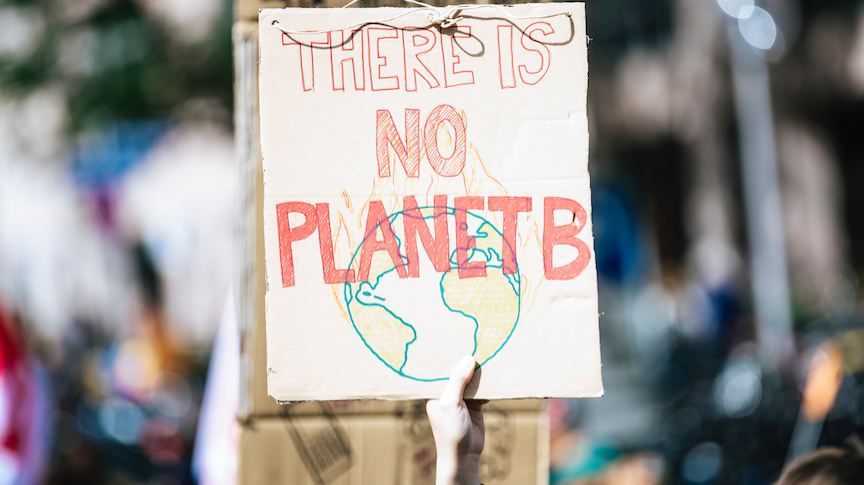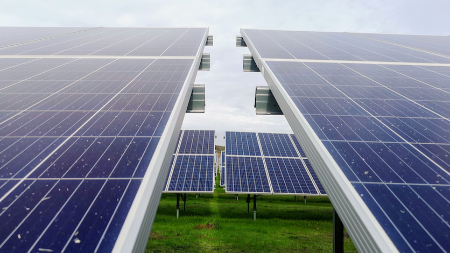Opinion
Climate violence or civil resistance

The current debate over “eco-vandalism” prompts me to look at how claims have happened in the course of history.
In the past, they fought against slavery or apartheid, for freedom, civil rights or gender equality. Sometimes violent and judged for terrorism, with a price put on their heads. Imprisoned like Mandela or wanted like Begin or Arafat for attacks, they later received the Nobel Peace Prize. Whether they were assassins for some or resistant against the invader for others, their fate depends on the era as well as on the victory or defeat of their side.
Today, they fight for the climate, with the same fervor, a certain violence and always the same frustration to see the lines move so slowly. Popular demonstrations follow one another at each climate conference and become more radical. More and more brutal actions are emerging, with traffic being blocked, depredations, even throwing stones or mortars. It is no longer a question here of defending the fate of a people or of civil society, but rather of guaranteeing the future of humanity. Is it unhealthy to stand up against the inertia of governments? To refuse the destruction of biodiversity or the pollution of water? To take offense at the selfishness of the drivers of large polluting cars?
Despite the fact that there are 1.8 billion young people in the world today, the largest proportion in history, their voices are not being translated into action. Whether speaking at important summits or peaceful protests, losing your temper and throwing cans of soup at works of art or getting stuck on the roads, the message is identical, but with growing anger: they've had enough!
For the first time in its history, the Conference of Parties dedicated an official Pavilion to them. Will that be enough to quell this anger? Most likely not, as long as the feeling of helplessness persists. This feeling has always led to rebellion. Faced with what they consider to be “ecocide”, these young people react as if faced with genocide, with a frustration that they can no longer contain. In their minds, they have nothing to lose: their future has already been confiscated by decision-makers who do not want to act. In their eyes, their behavior is justified as a means to achieve their goal.
Are they heroes or anarchists? Reviled today by public opinion, will they be rehabilitated like those who broke the orders of dictators or sabotaged enemy infrastructure? To ask the question is to answer it in part. But only in part...
What must be considered is the true capacity of violent actions to achieve change or not. I will answer that it is useful in the face of governments which want to avoid disorder and which have already reacted several times by proclaiming a climate emergency. If not forced to move, a politician will remain motionless. But it is not useful when we see the exasperation and incomprehension of the population.
In Europe, we have two movements with similar actions but with different objectives. One shouts "Stop oil" and the other "Renovate". An unrealistic demand (because the world would collapse if we suddenly stopped using oil) facing a serious demand for obsolete and polluting infrastructures to be modernized with more efficient and economically profitable technologies.
It is clear that it is fundamental to convert anger into concrete proposals. Sticking oneself to the road by abhorring industry will always be less useful than encouraging it to transform itself.
Today, with the same anger, the same frustration, young people could achieve much more by shouting “solutions, solutions”, rather than “problems, problems”. And if, despite this, decision-makers continue to do nothing, no one will be surprised that it is not only the demonstrations that degenerate, but the situation as a whole.



